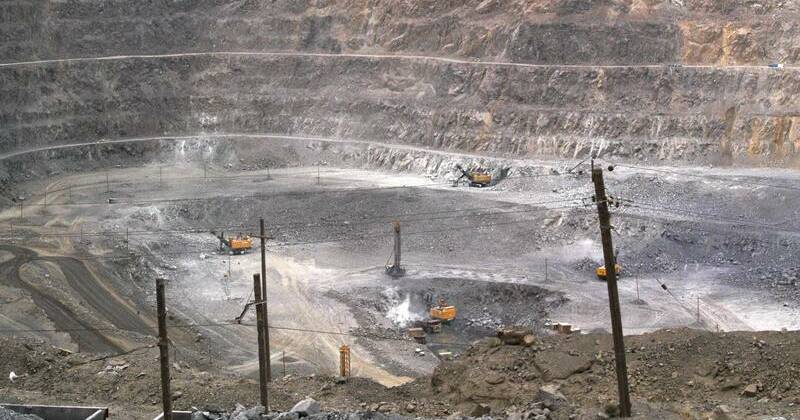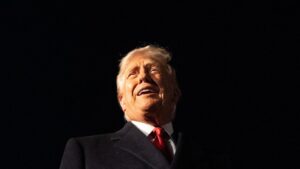
The European Union is advancing a strategic initiative to diminish its reliance on Chinese critical raw materials, according to European Commission President Ursula von der Leyen. This decision follows China’s recent expansion of export restrictions on rare earth minerals, which are essential for various industries, including clean energy, defense, and electric vehicle production.
In her address at a conference in Berlin, von der Leyen emphasized the urgency for the EU to establish reliable alternative sources for these vital materials. She outlined plans to accelerate partnerships with countries such as Australia, Canada, Chile, Greenland, Kazakhstan, Uzbekistan, and Ukraine. These partnerships are expected to play a crucial role in securing access to critical raw materials in both the short and long term.
Details of the RESourceEU Initiative
The new initiative, dubbed RESOURCEU, is designed to mirror the EU’s previous efforts under the REPowerEU framework, which was developed in response to Russia’s invasion of Ukraine in 2022. Von der Leyen highlighted that the initiative will encompass a range of strategies, including joint purchasing and stockpiling of raw materials.
“We will boost investment in strategic projects for the production and processing of critical raw materials here in the European Union,” von der Leyen stated. The push for increased recycling of critical materials in European products is also a key component of the plan.
On October 9, 2023, China implemented new export restrictions on rare earths and battery materials. Analysts and Western governments view these measures as a reaction to trade tariffs imposed by the United States. Von der Leyen pointed out that these restrictions significantly affect European industries, particularly in the automotive, defense, aerospace, artificial intelligence, and data centre sectors.
Addressing Vulnerabilities in Supply Chains
Von der Leyen provided stark statistics to illustrate Europe’s vulnerability, noting that over 90 percent of the continent’s consumption of rare earth magnets is sourced from imports from China. This heavy dependency poses considerable risks for Europe’s most strategic industrial sectors.
“In the short term, we are focusing on finding solutions with our Chinese counterparts,” she said. “But we are ready to use all of the instruments in our toolbox to respond if needed.” This statement underscores the EU’s commitment to diversifying its supply chains and enhancing its strategic autonomy in critical raw materials.
The launch of the RESourceEU initiative marks a pivotal moment in the EU’s ongoing efforts to navigate the complexities of global trade and secure its industrial future. As the region looks towards greater sustainability and innovation, reducing reliance on external sources for essential materials will be a fundamental step forward.






